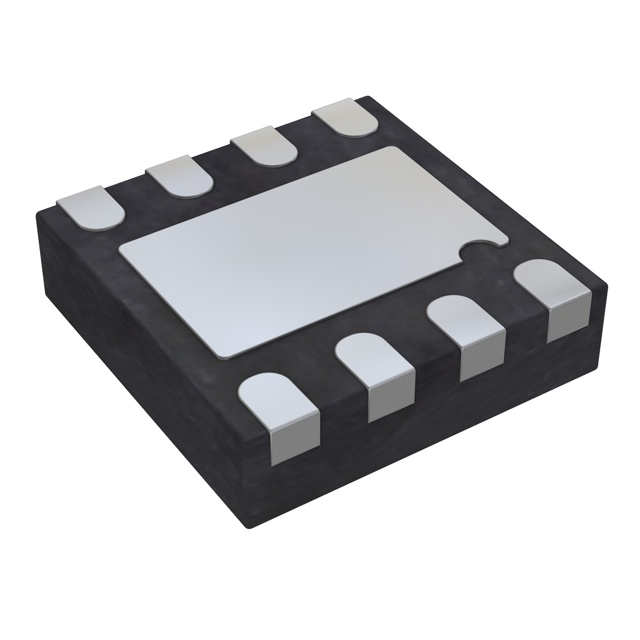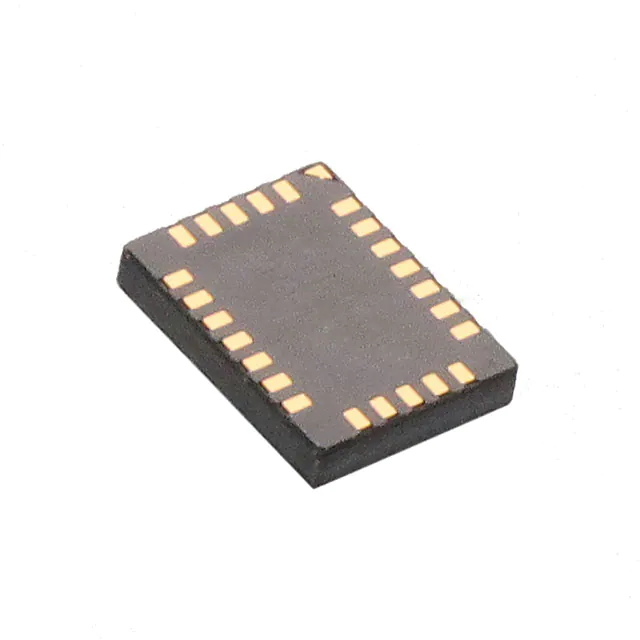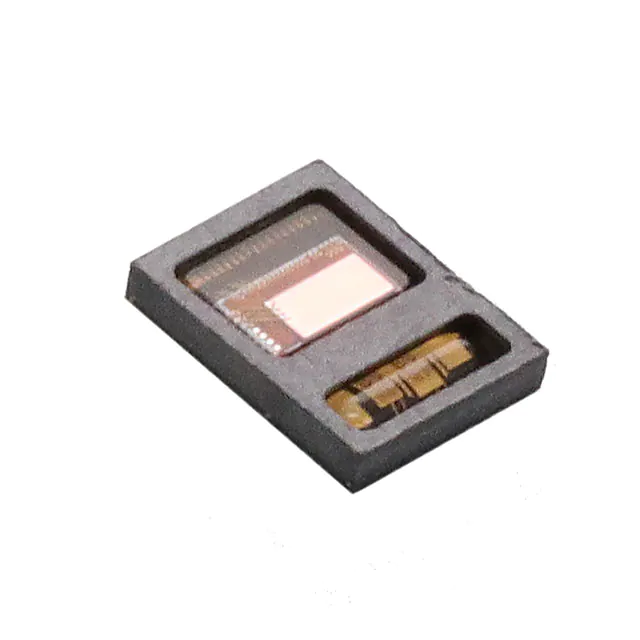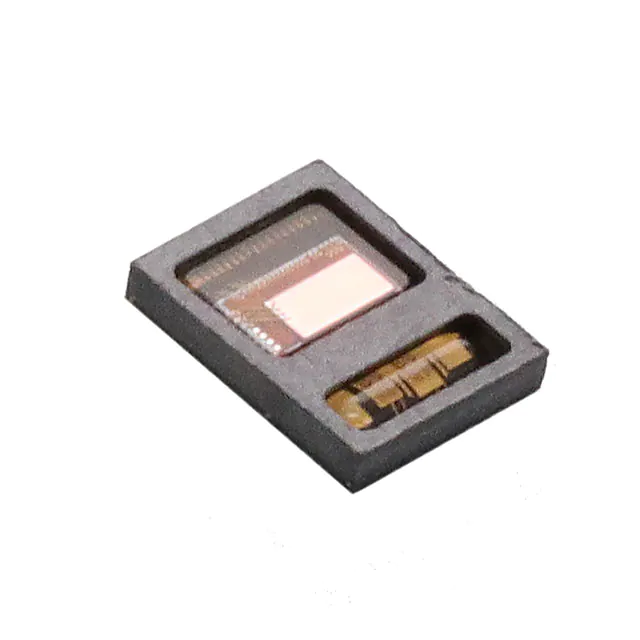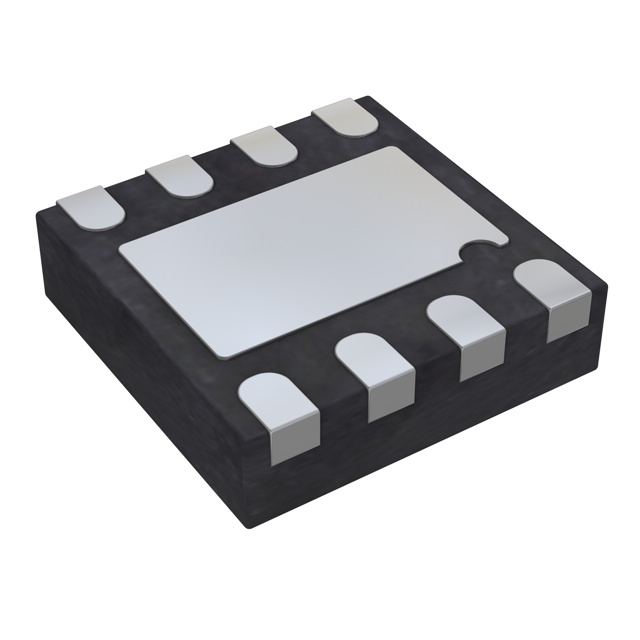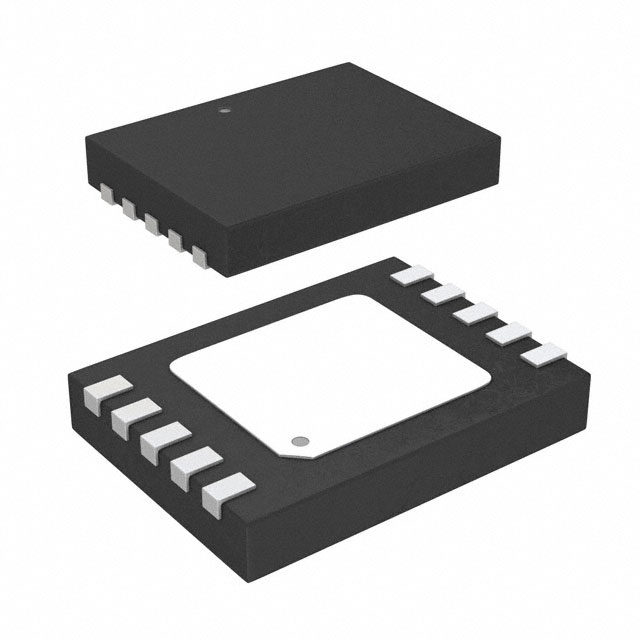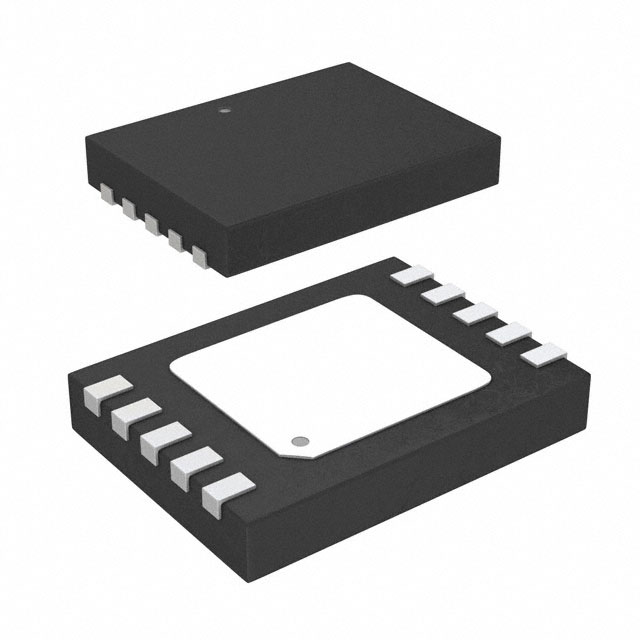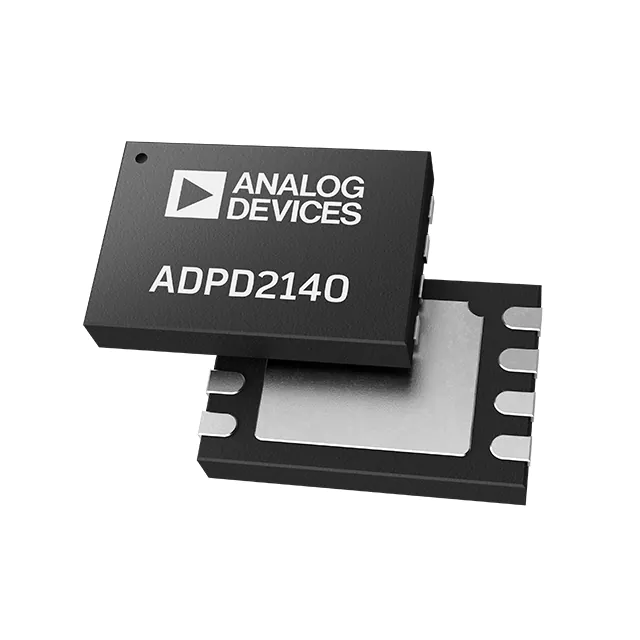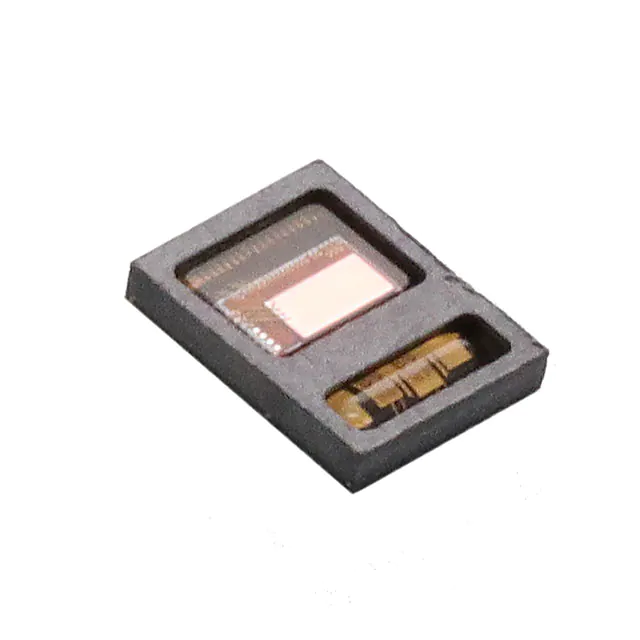The ADPD2211ACPZ-R7 is an optical sensor optimized for biomedical applications. Very low power consumption and near theoretical signal-to-noise ratio (SNR) are achieved by packaging an ultralow capacitance deep junction silicon photodiode operated in zero bias photoconductive mode with a low noise current amplifier. The ADPD2211ACPZ-R7 offers a typical 400 kHz bandwidth performance, which is well suited for use with pulsed excitation. The ADPD2211ACPZ-R7 uses very little power during operation and incorporates a power-down pin, enabling power cycling to optimize battery life in portable applications. The ADPD2211ACPZ-R7 provides shot noise limited performance, making it an excellent choice for measuring signals with the highest possible fidelity in low light conditions. This combination of low power, very high SNR, and electromagnetic interference (EMI) immunity enables low power system solutions not possible with traditional photodiode (PD) and transimpedance amplifier (TIA) systems.
Feature
- Ultrahigh detectivity photodetector
- 90 fA/√Hz (typical) ultralow noise floor
- Signal-to-noise ratio (SNR) near shot noise limit
- 137 μA (typical) of supply current when active (EE = 0 μW/cm2)
- 1 μA (typical) of supply current in standby
- High speed, deep junction photodiode
- Nominal linear output current: 240 μA (typical)
- Flexible output configuration
- Excellent pulse response
- High ambient light rejection
- Space-saving, 3 mm × 3 mm LFCSP package
Applications
- Heart rate, pulse oximetry monitoring (photoplethysmography)
- Battery-powered medical sensors
- Chemical analysis
(Picture: Pinout)

